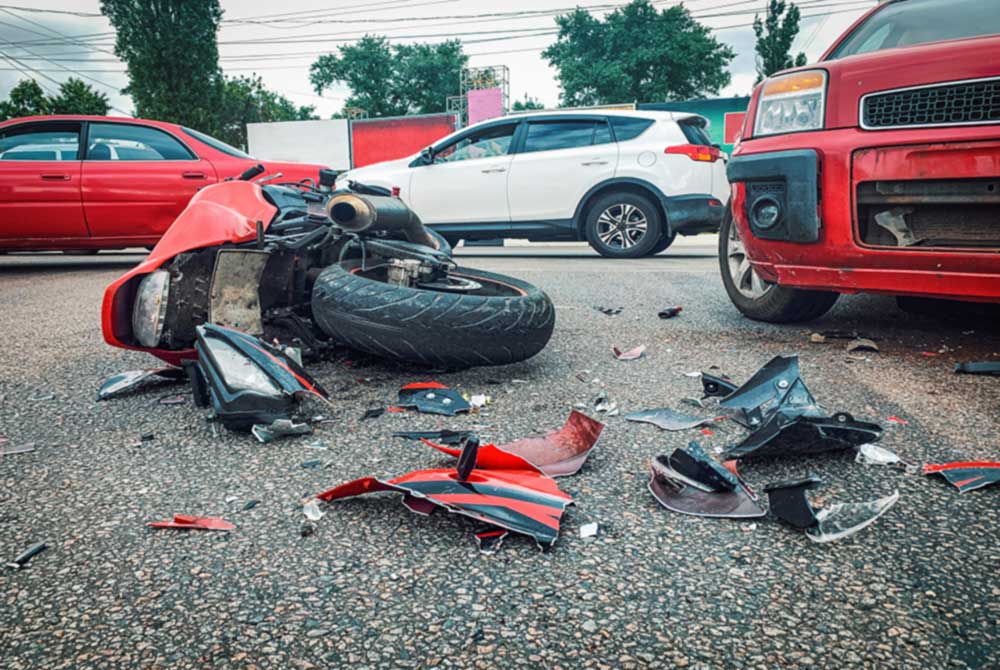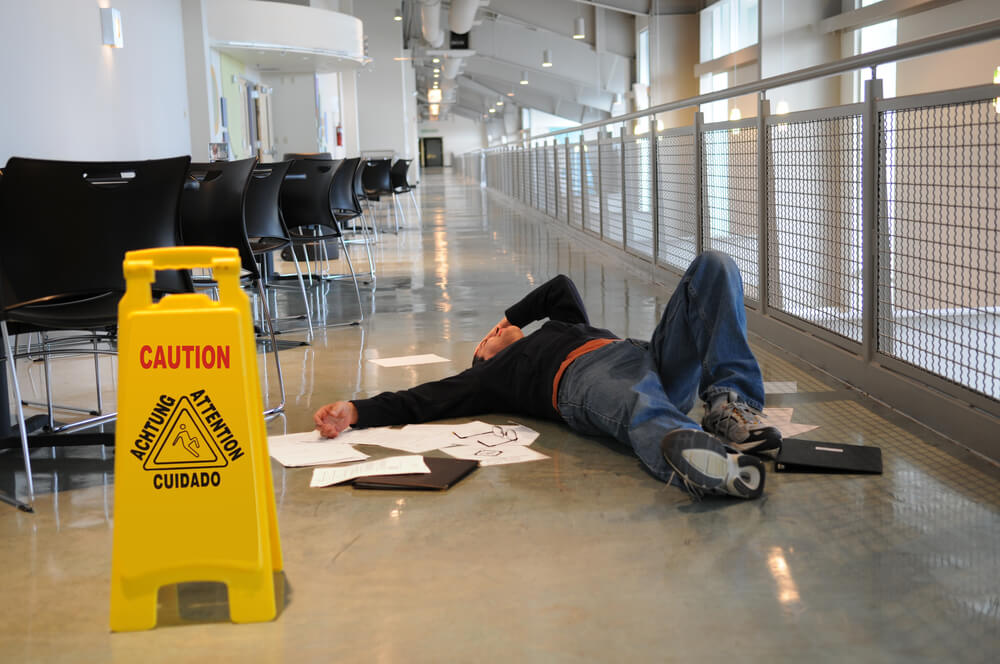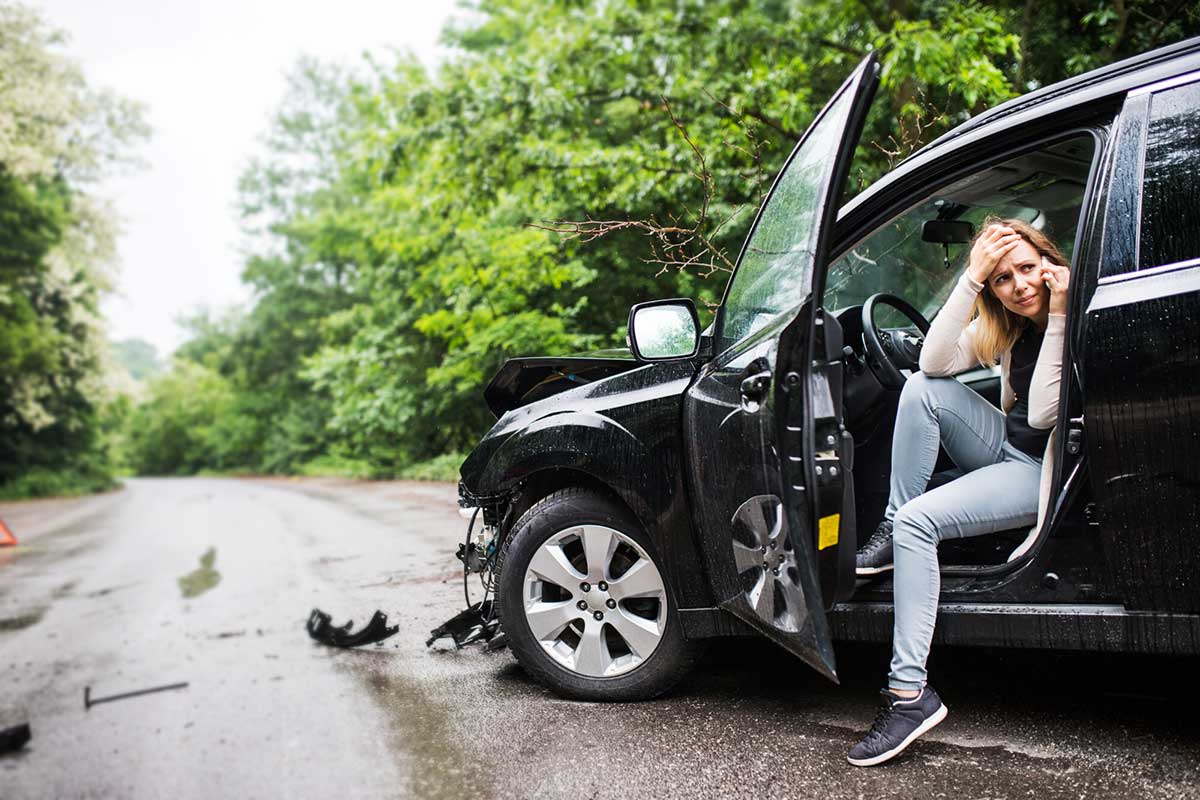If you’ve been in a truck accident with a semi-truck or large vehicle of any kind, the chances are high that you might need skilled legal help. Accidents involving these trucks often lead to serious injuries, which can throw your life into turmoil.
At Michael Kelly Injury Lawyers, we understand your overwhelming challenges—from dealing with complex legal issues to facing a massive trucking company to managing the financial strain of medical bills and lost wages related to the accident. We provide clear, expert legal advice and handle your case on a contingency fee basis, meaning you pay nothing unless we win.
Don’t leave your settlement to chance. Contact us today.
- Truck Accident Attorney in Boston
- Truck Accident Lawyer Near Me
- Common Truck Accident Causes in Boston
- Types of Boston Truck Accidents
- Meet our team!
- Why Choose Our Truck Wreck Attorneys?
- Book a Free Consultation
- Truck Accident Injuries
- Types of Compensation Available for Truck Accident Victims in Boston
- Client Reviews
- Truck Accident Liability
- Why Choose Our Boston Truck Accident Lawyers?
- Serving The Following Neighborhoods
- 30-Day, Risk-Free Guarantee
Truck Accident Attorney in Boston
Our Boston truck accident lawyers at Michael Kelly Injury Lawyers can assist you in seeking justice and full truck accident compensation if you or your loved one were injured in a truck accident. We have recovered millions in damages for our clients. Our goal is to get justice and full compensation in any truck accident. Don’t hesitate to contact a Boston truck accident attorney at Michael Kelly Injury Lawyers today and let us help you get the justice you deserve for your accident.
All of our legal actions are geared to get results. Our experience and knowledge in personal injury law have greatly benefitted those we serve, and our entire staff is focused on providing effective personal service.
There are many types of truck accidents in Massachusetts, and our personal injury attorneys are skilled in assisting clients with all types of injuries resulting from them. Did your accident involve a big rig or semi-truck? Were delivery trucks involved? Do you need physical therapy? Are you looking for compensation for economic damages related to a truck accident? Contact our Boston personal injury attorneys today to discuss your case at no charge to you.

Truck Accident Lawyer Near Me
Common Truck Accident Causes in Boston
The statistics on truck accidents in Massachusetts reveal the extent of the danger to residents of the area. An alarming number of unsafe trucks operate in the state.
According to CBS Boston, the Federal Motor Carrier Safety Administration has reported that during the past five years, the rate of unsafe violations related to truck maintenance in Massachusetts was 41% higher than the reported national average. Truck driver violations were reported as 32% higher, and violations involving hazardous material were 212% higher.
If you’ve been involved in a truck or car accident, our Boston injury lawyers may be able to help you get a fair settlement! We’re experts when it comes to truck accident cases.
Causes of truck accidents include the following:
Types of Boston Truck Accidents
Just as the causes of these incidents vary, so do the types of truck accidents. Knowing the types of accidents and the terminology for each can help you fill out accident reports and file for compensation for your injuries. It can also help you to have a more holistic discussion with your attorney. The most common large-vehicle accidents include:
-
Head-On Collision
The results of a large truck hitting another vehicle from the front are often severe. These accidents often result in terrible injuries and, in some cases, death.
-
Rear-End Collision
Rear-end collisions occur when a truck hits the vehicle right in front of it. Due to the truck’s massive size and weight, these accidents can cause catastrophic damage.
-
T-Bone
This type of accident happens when the side of a vehicle is struck by the front of another truck, typically at intersections, and can result in severe injuries.
-
Sideswipe
These accidents occur when trucks and other vehicles collide side-by-side. They typically happen during lane changes or merges and can lead to loss of vehicle control.
-
Jackknifed Truck
This occurs when a truck’s trailer swings out and forms an acute angle with its cab, often leading to multi-vehicle pileups. Further, tractor-trailers can create additional damage and a higher risk of injury when involved in these accidents.
-
Truck Rollover
This is when a truck flips onto its side or roof, typically due to losing control or taking a turn too quickly. Rollovers are particularly dangerous, often resulting in substantial injuries, and can contribute to wrongful death.
-
Wide Turn
Trucks making wide turns can collide with other vehicles, particularly when they swing out into multiple lanes to navigate a turn.
-
Tire Blowout
A sudden tire failure can cause the truck to lose control, leading to unpredictable and hazardous road situations.
-
Underride Accidents
These grim accidents occur when a smaller vehicle slides underneath the rear or side of the larger vehicle. They typically result in severe injuries or death.
Meet our team!
Why Choose Our Truck Wreck Attorneys?
If you are considering a Boston truck accident lawyer, you want to know that you have the best legal representation. Whether you are going after truck drivers, the trucking company, or a third party, we have the expertise and experience to help you navigate the legal system.
Extensive Experience
With years of experience handling truck accident cases, we have the knowledge and expertise to navigate the complexities of these types of accidents. Our truck wreck attorneys understand the unique challenges they present and will work tirelessly to build a strong case on your behalf.
High Success Rate
Our track record speaks for itself. We have achieved favorable outcomes for numerous victims of truck accidents in Boston, recovering substantial compensation for their injuries, medical bills, lost wages, diminished earning capacity, and pain and suffering. We are dedicated to securing the best possible outcome for every client we represent.
Personalized Service
We believe in providing personalized attention to each client. We understand that every truck accident case is unique and will tailor our approach to meet your needs. You can trust that our Boston truck accident lawyer will be by your side throughout the legal process, providing guidance, support, and aggressive representation.
No Fees Unless We Win
We want to ease your financial burden during this challenging time. That’s why we work on a contingency fee basis, which means you don’t pay any upfront fees or costs. We only get paid if we win your case, ensuring our interests align with yours.
Book a Free Consultation
Don’t wait to seek the justice and compensation you deserve for the accident. Take the first step today by booking a free consultation with our experienced Boston truck accident attorneys. During this consultation, we will evaluate your accident case, answer your questions, and provide you with a clear understanding of your legal options.
To book your consultation, simply click the button below or call us directly. We are ready to fight for your rights and help you get the justice you deserve for your accident.
Remember, time is of the essence in truck wreck cases. Contact us today to protect your rights and secure the compensation you need to move forward.
Truck Accident Case Resource Center
Understanding Your Options & Your Case
- 9 Ways an Adjuster Will Try to Limit Your Recovery
- How to File A Personal Injury Claim
- How Your Medical Bills are Paid
- How Much is My Case Worth?
- Vehicle Accident Checklist
A truck accident is often a stressful and perhaps traumatic event. Taking a few simple steps following the accident, however, can go a long way in ensuring the handling of your injury claim goes as smoothly as possible.
Truck Accident Injuries
Serious truck accidents frequently lead to serious, catastrophic, or fatal injuries, with other motorists paying the price for a trucker’s careless conduct. The types of injuries sustained in such accidents include:
- Neck and spinal injuries
- Fractures and broken bones
- Burns and chemical injuries
- Brain injuries
- Amputation and disfigurement
- Lacerations
- Emotional trauma
- Death.
Types of Compensation Available for Truck Accident Victims in Boston
The truck accident compensation available to you will depend on the specific circumstances of the accident and the type of injuries sustained. For example, brain injuries that impact your ability to work or require modifications to your home may be entitled to more compensation than a broken bone or skin laceration.
It also depends on where negligence is placed. For instance, the truck driver or the trucking company that employs them may be found negligent. In those cases, compensation may be paid from an insurance settlement or civil truck accident lawsuit.
Truck accident compensation may or may not include payment for medical and rehabilitative services, lost wages due to missed work, or even modifications made to your home to make it more accessible to account for your injuries. You may also be entitled to compensation for pain and suffering—the physical discomfort and emotional distress that often accompany a truck accident.
In some cases, punitive damages may be awarded. Punitive damages are a form of compensation awarded to the victim to punish the wrongdoer for particularly reckless or negligent behavior and to deter similar actions in the future.
Your Boston truck accident lawyer at Michael Kelly Accident Lawyers is ready to help. We will help manage the trucking company and any other parties involved in your case.
Client Reviews

Dennis was really helpful. He answered all my question. He really gave me a piece of mind. He was very understanding. Definitely would recommend.
Clara Depina
Truck Accident Liability
When a tractor-trailer accident occurs, several liable parties may be identified, including the truck driver, trucking company, truck manufacturer, or firm that unsafely loaded or serviced a truck. At Michael Kelly Injury Lawyers, our lawyers conduct a thorough investigation to uncover every liable party. We will seek fair compensation from them, either in settlement negotiations or at trial, if necessary.
Determining Fault in Truck Accidents: Was the Driver Negligent?
Determining whether a truck driver was negligent involves assessing factors such as driver fatigue, distracted driving, and Federal Motor Carrier Safety Administration (FMCSA) regulations violations.
Proving negligence can be challenging—it requires gathering concrete evidence beyond reviewing the crash report. This means a thorough review of driving logs that may show excessive hours on the road or cell phone records indicating distracted driving at the time of the accident.
Demonstrating a breach of FMCSA and federal trucking regulations and ensuring these organizations are held liable often requires a deep understanding of these standards. A skilled Boston truck accident lawyer is a must in this process. These legal professionals can effectively gather, analyze, and present this evidence to strengthen your accident claim. The result can be payment for medical costs and non-economic damages.
Could the Trucking Company Be at Fault?
Trucking companies may also be responsible for truck accidents due to unethical practices like setting unrealistic deadlines that encourage drivers to rush or bypass necessary rest. Poor vehicle maintenance or skimping on thorough inspections can result in dangerous equipment failures.
Identifying such negligence typically involves reviewing logbooks, maintenance records, and the truck’s physical condition. These documents can unearth discrepancies or neglect that directly contributed to a truck accident.
A knowledgeable Boston truck accident lawyer is a key player in this process and knows what to ask the trucking company to get the information needed to set your case on the right path. They have the know-how to get into the weeds, uncover these issues, and ensure the trucking company is held accountable.
Third-Party Liability in Truck Accidents
Third parties, such as manufacturers of defective vehicle parts, governmental entities responsible for road maintenance, or even road construction crews, might also be liable for such accidents. Poorly maintained roads or defective parts like brakes or tires can directly contribute to these accidents, making it difficult to determine who is at fault.
These third-party factors can significantly complicate liability issues, as multiple scenarios may be involved beyond the driver’s or their employer’s control. A proficient Boston truck accident lawyer is a must in such cases. They possess the expertise to investigate the accident thoroughly, identify all responsible parties, and organize the sequence of events.
Why Choose Our Boston Truck Accident Lawyers?
It can be difficult to know which law firm to contact after such an accident. Here’s why to choose personal injury law firm Michael Kelly Injury Lawyers:
- We offer a 30-day, risk-free guarantee. If you are unhappy for any reason with our legal services within the first 30 days, your file will be returned free of charge.
- Our firm operates on a contingency fee basis. We only charge legal fees if we are successful in recovering compensation for you.
- We are available to our clients 24 hours a day, 7 days a week.
- Our partners are listed in the “Top 40 Under 40” by the National Trial Lawyers Association.
- We aggressively pursue the maximum allowed by law in settlements and at trial.
- We have settled hundreds of cases, some of which were settled for six figures.
Our Boston truck accident lawyer will remain in close contact at every step as your case unfolds. We are always available to discuss any questions and concerns.
Take advantage of our offer for a free case evaluation and meet with us. We will be working closely with you at every step of the process. We consider our relationships with our clients to be one of the most important aspects of our legal work. Call today.
















